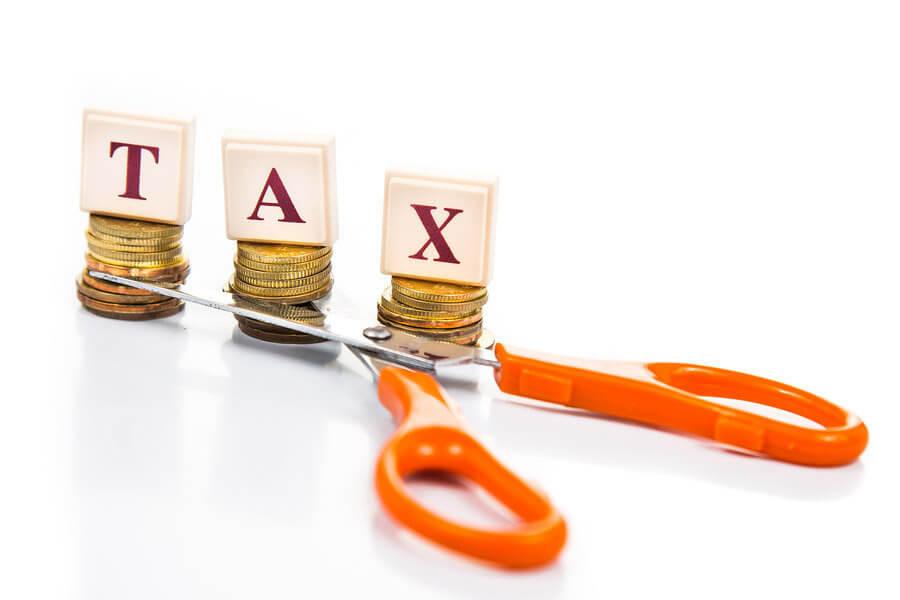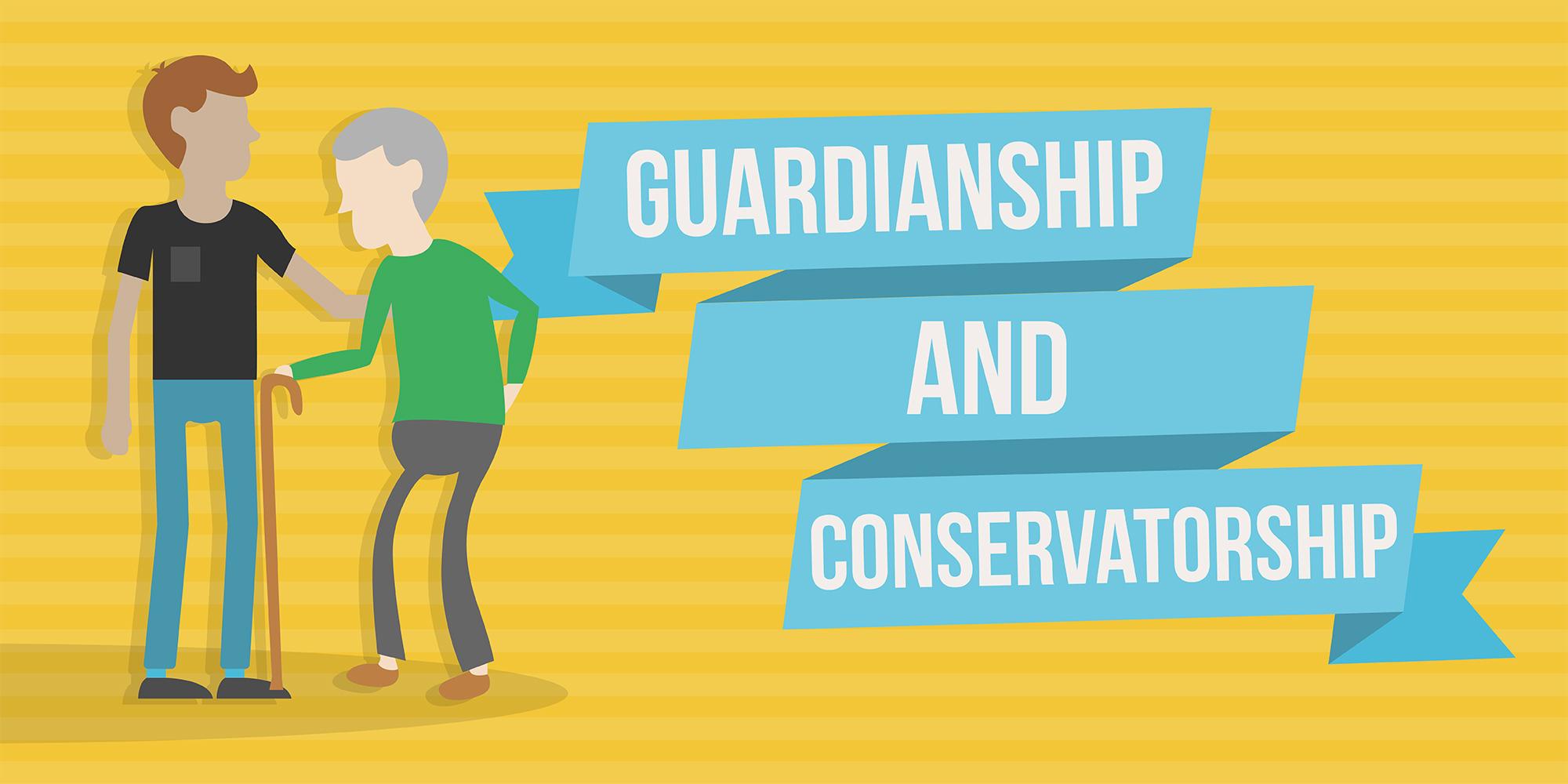Hey there! Have you ever wondered what would happen to all your hard-earned assets if something unexpected happened to you? It’s not the most fun topic to think about, but estate planning is super important to make sure everything you’ve worked for stays protected and ends up in the right hands. Whether you’re a planner by nature or someone who tends to wing it, getting a basic understanding of estate planning can make a massive difference for your future and your loved ones. So grab a coffee, get comfy, and let’s dive into the essentials of estate planning. Trust me, it’s not as daunting as it sounds!
Understanding Wills and Trusts: Which One is Right for You?
Choosing between a will and a trust can feel like a daunting task, but it’s all about what fits your situation best. A will is a document that spells out how you’d like your assets distributed after your passing. It’s straightforward and works perfectly if your estate is simple. However, keep in mind that wills go through probate, which can sometimes be time-consuming and costly.
On the other hand, a trust offers more control over when and how your assets are distributed. With a revocable living trust, you can manage your assets while you’re alive, and they bypass probate after your death. It’s great for those who want to ensure privacy and possibly reduce estate taxes. Consider a trust if you have a more complex estate or children from a previous marriage. Here’s a quick comparison:
| Feature | Will | Trust |
|---|---|---|
| Goes Through Probate | Yes | No |
| Privacy | No | Yes |
| Effective Only After Death | Yes | No |
| Can Reduce Estate Taxes | No | Yes |

Minimizing Taxes: Smart Strategies to Keep More in Your Estate
One key way to help more of your money stay in your estate is by making the most of tax-efficient strategies. These approaches can help reduce the amount of money that goes to taxes. Consider the following:
- Gifting: Give away money or assets during your lifetime to reduce the taxable estate.
- Trusts: Set up trusts to control how your assets are distributed and reduce estate taxes.
- Charitable Donations: Donate to charities to receive tax deductions, lowering your taxable income.
- Life Insurance: Use life insurance policies to provide tax-free money to your heirs.
To give you a quick look at effective strategies, here’s a simple table:
| Strategy | Benefits |
|---|---|
| Gifting | Reduces taxable estate |
| Trusts | Controls asset distribution; lowers taxes |
| Charity Donations | Offers tax deductions |
| Life Insurance | Provides tax-free inheritance |

Guardianships and Beneficiaries: Ensuring Your Loved Ones Are Taken Care Of
One of the most important aspects of estate planning is determining who will be the guardians and beneficiaries for your estate. Guardians are responsible for taking care of your dependents if you’re no longer able to do so, while beneficiaries are the people or organizations who will receive your assets. Choosing the right individuals for these roles ensures that your loved ones are well-cared for and your assets are distributed according to your wishes.
Here’s what you need to consider:
- Guardians:
- Who will care for your children or dependents?
- Does this person share similar values and lifestyle choices?
- Are they financially capable of taking on this responsibility?
- Beneficiaries:
- Who should inherit your assets?
- Do you want to leave something to a charity?
- How will the assets be divided?
| Consideration | Questions to Ask |
|---|---|
| Guardians | Who will best support your dependents’ needs? |
| Beneficiaries | How should your assets be distributed? |

Action Steps: Creating Your Customized Estate Plan Today
First off, gather all necessary information and documents. This means you’ll need to compile details about your assets, including properties, bank accounts, investments, and valuable personal items. Don’t forget to also include any outstanding debts or liabilities. It’s a good idea to create a simple inventory list:
- Real Estate: Include property addresses and estimated values.
- Financial Accounts: List account types, numbers, and balances.
- Investments: Document stocks, bonds, and other assets.
- Liabilities: Note any mortgages, loans, or credit card debts.
Next, you’ll want to designate your beneficiaries and choose an executor. The beneficiaries are the people who will receive your assets, while the executor will manage your estate. It’s wise to have a candid conversation with those you choose to make sure they’re up for the task. You might refer to the table below to keep it all organized:
| Role | Name | Contact | Notes |
|---|---|---|---|
| Beneficiary | Jane Doe | (555) 123-4567 | Sister |
| Executor | John Smith | (555) 987-6543 | Best Friend |
Q&A
Q&A:
Q: So, what’s the big deal about estate planning?
A: Great question! Estate planning is all about making sure your assets—think homes, savings, investments—are managed and distributed according to your wishes after you pass away. It’s also about protecting your loved ones, ensuring they’re taken care of, and avoiding any unnecessary headaches or disputes.
Q: Sounds important! When should someone start estate planning?
A: Honestly, it’s never too early. Life’s unpredictable, right? Ideally, you want to start once you have assets to protect or people who depend on you. So, if you own property, have kids, or even just a substantial savings account, it’s probably time to get the ball rolling.
Q: What’s the first step in estate planning?
A: The first step is usually creating a will. This document outlines how you want your assets distributed and who should take care of your minor children if you have any. It’s like your guiding instructions for when you’re not around.
Q: Do I need a lawyer for this?
A: While you can find DIY options for writing a will, a lawyer can make sure everything is legally sound and covers all your bases. They can help with more complex situations too, like blended families, special needs dependents, or substantial estates.
Q: What other documents are important in estate planning?
A: Besides a will, you should consider a living will or advance healthcare directive. This lets you outline your medical wishes if you can’t make decisions for yourself. Also, there’s a power of attorney, which appoints someone to manage your affairs if you’re unable to.
Q: How does a trust fit into this?
A: Trusts can be super helpful. They allow you to set specific conditions for how and when your assets are distributed. They’re great for minimizing taxes, avoiding probate (the legal process that can tie up your estate), and keeping things private since trust details aren’t public record.
Q: Speaking of taxes, what’s the deal with estate taxes?
A: Estate taxes are taxes on your right to transfer property when you die. They can take a chunk out of your estate, but good planning can minimize what ends up going to Uncle Sam. This is another place where a lawyer can really help.
Q: How often should I update my estate plan?
A: You should revisit your estate plan every few years or after major life changes—like marriage, divorce, the birth of a child, or significant changes in your financial situation. Keeping it up-to-date ensures it accurately reflects your current wishes and circumstances.
Q: Any final tips for someone just getting started with estate planning?
A: Don’t be intimidated! It feels like a lot, but you’re just taking steps to protect what’s important to you. Start small—maybe just make a will—and build from there. Also, communicate with your loved ones about your plans. It’s all about making things as smooth as possible for those you care about.
Key Takeaways
And there you have it—your ultimate starter guide to estate planning! It’s not the most thrilling dinner table topic, but taking these steps now can save your loved ones a mountain of stress and ensure your hard-earned assets are distributed just the way you want. Think of it as a thoughtful gift to your future self and your family.
So, don’t wait for a rainy day. Grab a cup of coffee, sit down with a trusted advisor, and start ticking those boxes. You’ll thank yourself later, and your loved ones will too. Happy planning! 🌟




